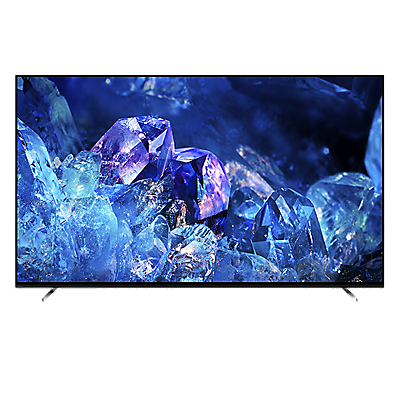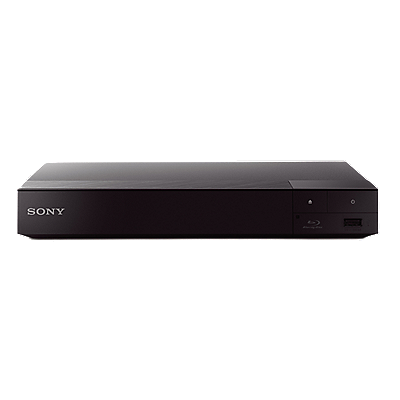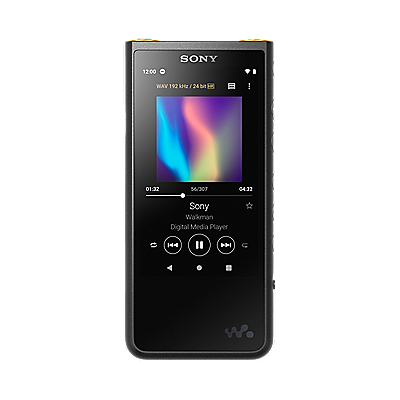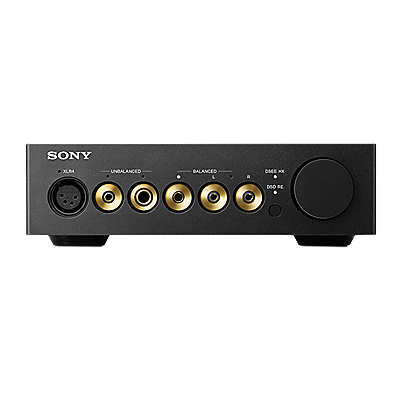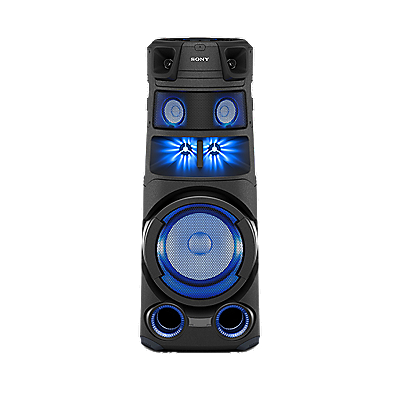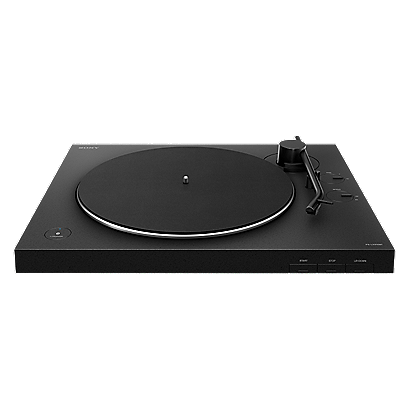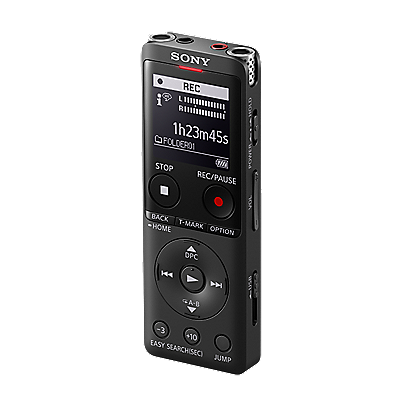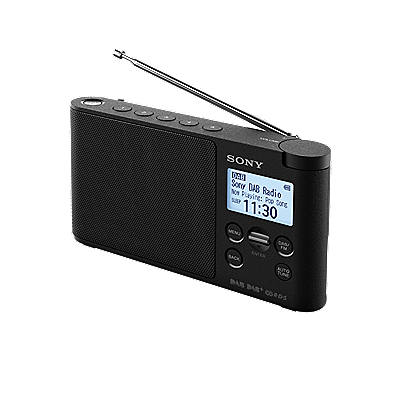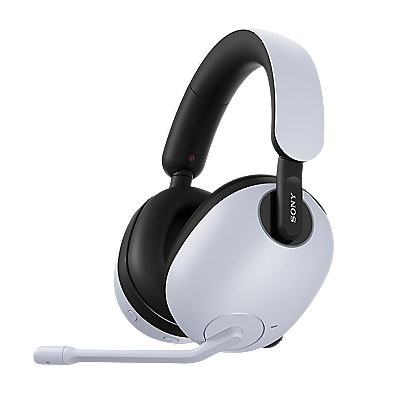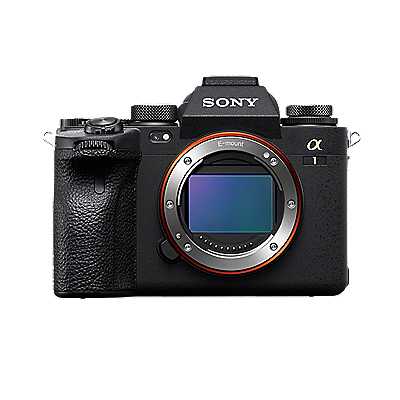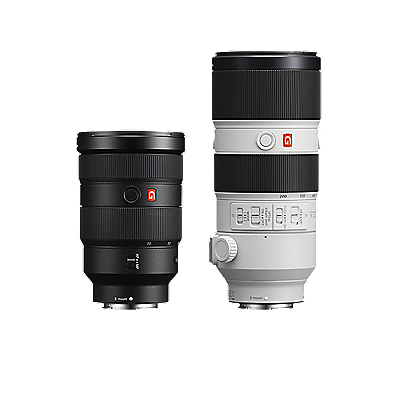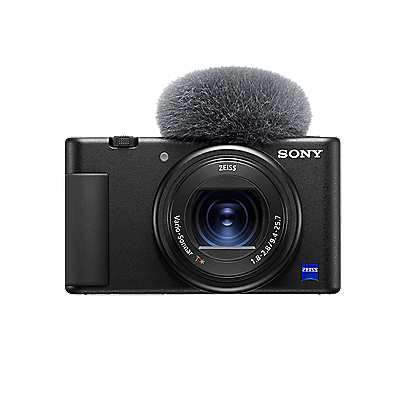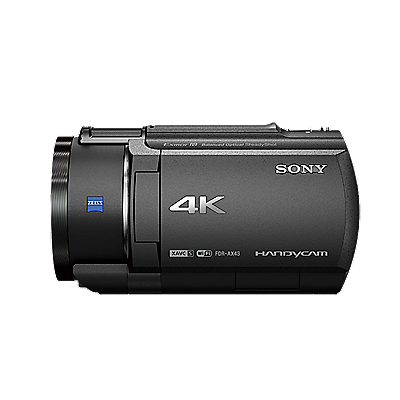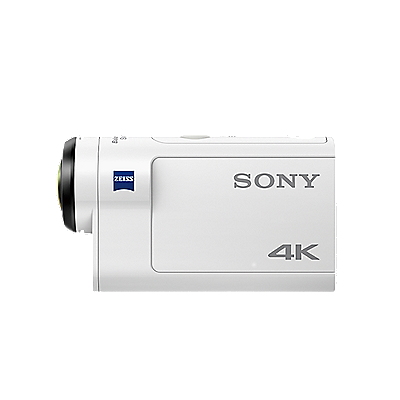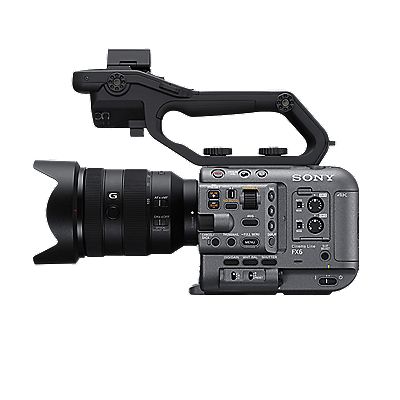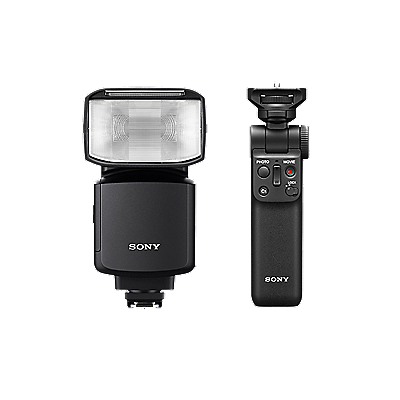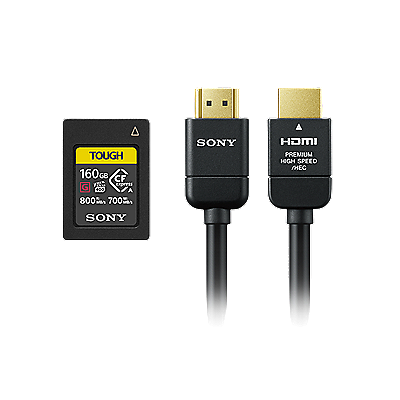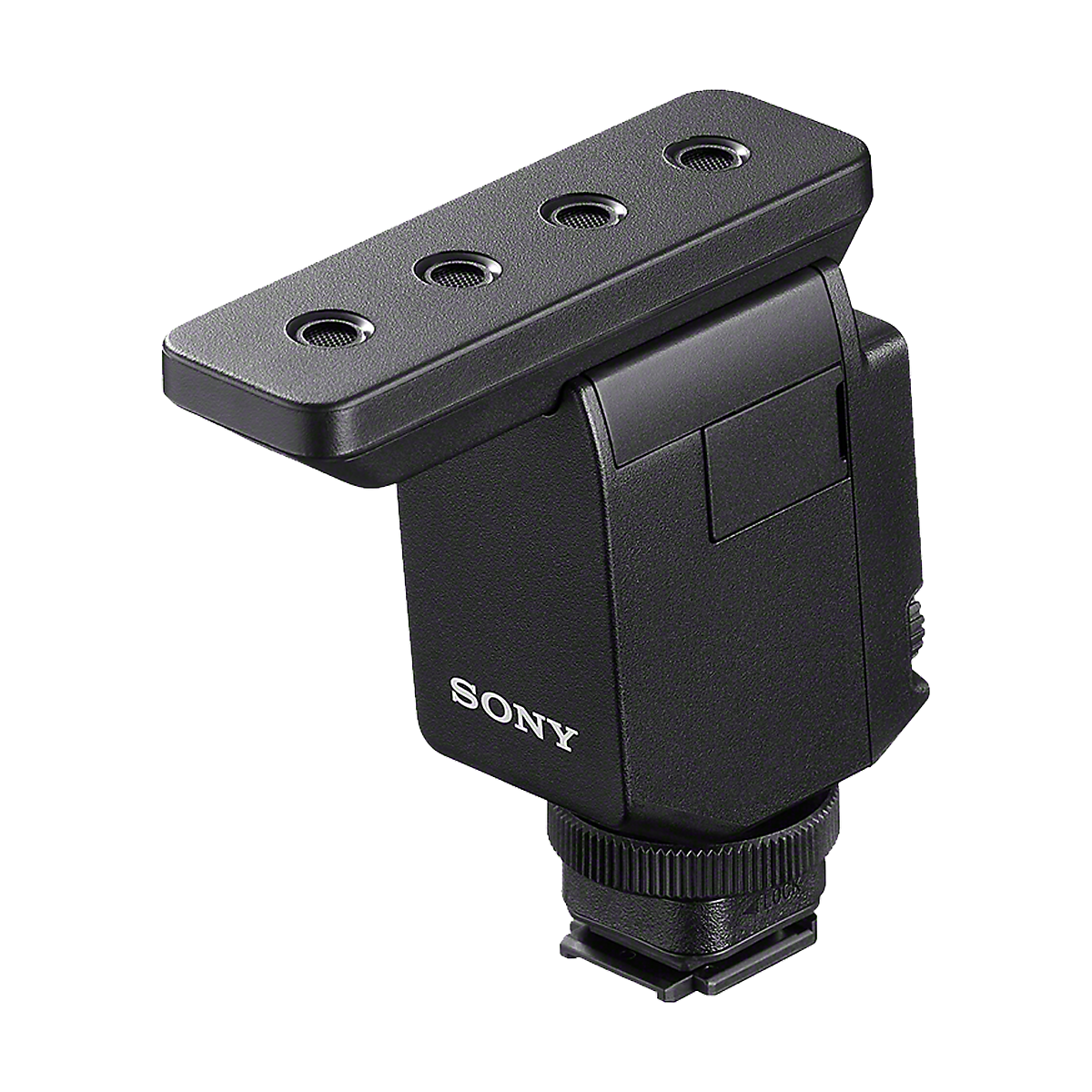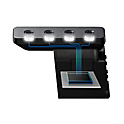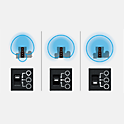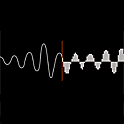Feature lists

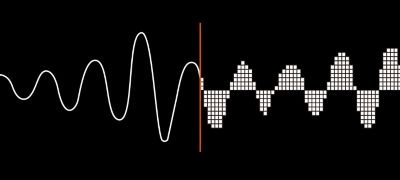
Built-in digital signal processing
The ECM-B10 incorporates built-in digital signal processing, converting analogue data to digital within the microphone body. Processing using Sony's proprietary algorithms provides sharp directivity, while a choice of three pickup patterns responds to diverse audio needs.

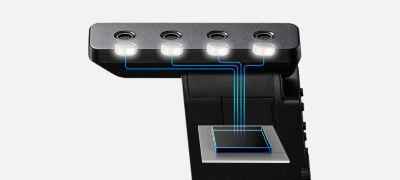
Shotgun mic directivity in a compact package
Four high-performance microphone capsules work with a beamforming algorithm to provide extremely sharp directivity that effectively rejects off-axis sound. All of this is achieved in a remarkably compact microphone.

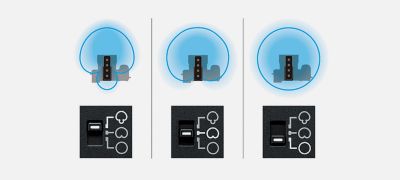
Your choice of three directivity settings
Advanced digital signal processing technology makes it possible to offer three different pickup patterns in one versatile microphone. Use the control on the rear panel of the microphone to switch between super-directional, unidirectional, and omnidirectional settings, depending on the requirements of your shoot.


Super-directional: capture sound directly in front of the camera
The super-directional pickup pattern, capturing audio from a focused area in front of the microphone, is well suited to recording interviews or selfies. This mode is very effective at suppressing audio from the side and back of the microphone while emphasising sound from directly in front.


Unidirectional: capture a wide field in front of the mic
When there are more audio sources in front of the microphone, unidirectional is the best choice. This mode captures sound from a wider area in front, while still suppressing sound from behind, making it ideal for recording panel discussions or a group of musicians.


Omnidirectional: gather sound from all directions
The omnidirectional pattern has equal sensitivity in all directions. Omnidirectional pickup is well suited to the task when you want to record conversations between the camera operator and an interview subject, or general environmental sounds from the area surrounding the camera.

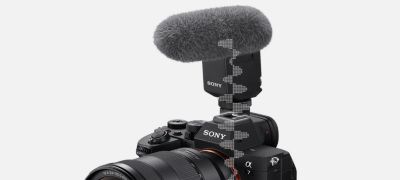
Digital audio interface support for clear sound
The ECM-B10 is compatible with a wide range of Sony cameras0. When used in combination with a camera equipped with a Multi Interface (MI) Shoe that supports a digital audio interface1, audio can be transmitted directly as a digital signal, delivering high-quality sound recording without degradation.

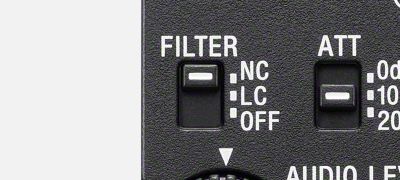
Clear sound with effective noise suppression
The ECM-B10's noise cut filter uses digital signal processing to minimise unwanted ambient sound, for cleaner audio. A low-cut filter is also available, with easy, intuitive access from the rear panel, to reduce low-frequency noise from sources such as wind and air-conditioning units. Maximising audio quality at the recording stage in this way reduces the need for noise removal in post-production, contributing to more efficient workflows.

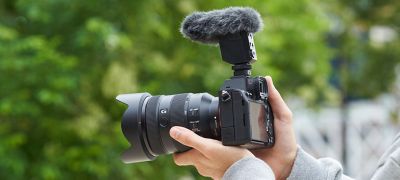
Cable-free setup
Using the ECM-B10 with a compatible camera with an MI Shoe gives you the luxury of cable-free connection. There's no need to worry about noise being transmitted to the microphone mechanically through cables and connectors, and there are no cables to get in the way of your shot, even when shooting with the camera's vari-angle LCD monitor open horizontally.

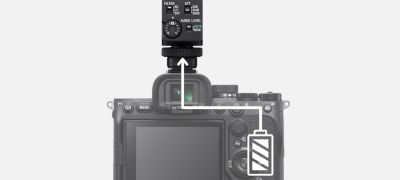
Battery-free operation
With power supplied directly to the microphone unit through a camera's MI Shoe you can shoot as long as you like without concerns about the microphone battery running out of charge.

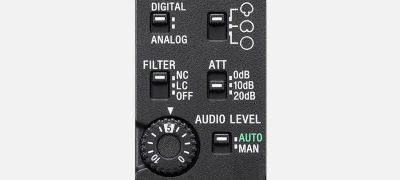
Intuitive operation and full operational control
Record level control, analogue output for compatibility with a wide range of cameras, and an attenuator that makes it easy to set optimum signal levels all add to this microphone's versatility. This level of control can contribute to smooth, stress-free post production.


A compact size for better portability
At just 79.3 mm in length, the microphone is highly portable and ready to go wherever you're shooting. The front of the unit won't interfere with your shot even when you're using a wide-angle lens, and it can fit easily into setups in combination with gimbals and grips.

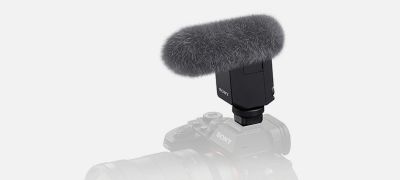
Wind screen supplied
The microphone comes with a wind screen that can effectively reduce wind noise when shooting outdoors.


Dust- and moisture-resistant design0
Suitable for outdoor shooting in any type of weather, the ECM-B10 is designed to resist dust and moisture. The absence of connector cables when used with a compatible camera also means that the camera's connector covers can remain closed, for further protection from the elements.

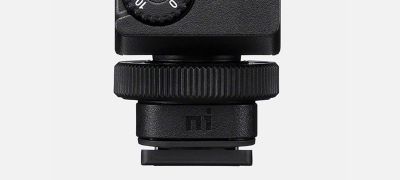
Shock and vibration suppression
The shock- and vibration-suppressing design of the ECM-B10 effectively reduces low-frequency vibration noise. The cable-free configuration also eliminates the possibility of vibration noise being transmitted through a connector cable.

Pickup pattern and frequency response information
For more details on pickup patterns and frequency response, please see the Help Guide.
-
ECM-B10
